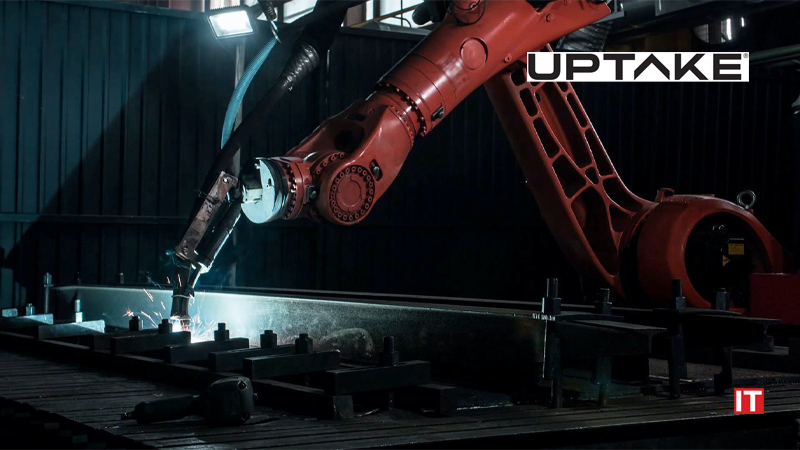CIQ, the company behind Rocky Linux, launched Fuzzball, a tool that, for the first time, unifies the power of infrastructure optimized for all Performance Intensive Computing (PIC) workloads like sophisticated research, scientific modeling, AI/ML and compute and data analytics with the agility and choice that enterprises have come to expect with hyperscale cloud computing.
It reimagines the foundations of performance-intensive computing, drawing from innovations in both HPC and modern cloud-scale computing. Fuzzball encapsulates user programs, containers, resource requirements, volumes and data management into reproducible, run-anywhere workflows.
High-Performance Computing (HPC) has been limited by an antiquated and rigid 30-year-old architecture. Until the advent of Performance-Intensive Computing as a Service (PICaaS), users were restricted to expensive, on-premises, monolithic deployments requiring dedicated administration and maintenance. PICaaS brought HPC to the cloud, but until Fuzzball there was no way to unify these two worlds and allow workloads to run in the place that makes the most sense for researchers and the organizations that empower them.
Also Read: LayerZero Labs Launches $15M Bug Bounty; Largest in the World
Fuzzball unites these rapidly converging use cases by providing a single platform that deftly combines the best of both worlds into an entirely new computing paradigm that CIQ calls “HPC 2.0.” The software offers a turnkey, Kubernetes-based, hybrid computing infrastructure stack that empowers users with more control, administrators with more reach, and organizations with more productivity.
It manages the data and compute lifecycle of performance-intensive workloads in hybrid cloud environments, allowing scientists, researchers and analysts to easily develop and execute their critical workloads anywhere to optimize resources and performance. Fuzzball delivers all the long-awaited advantages of hybrid cloud to supercomputing, including automated pipelines, resource optimization, identity and access management, absolute reproducibility, accountability, supply chain management, controls, data management and dynamic provisioning.
Historically, PIC workloads and use cases have been supported by traditional, on-premises HPC resources. Increasingly, they’re supported by emerging PICaaS services which are offered by hyperscale cloud providers like Amazon Web Services (AWS) and others. International Data Corporation (IDC) recently projected that the PICaaS market worldwide will grow from $22.3 billion in 2021 to $103.1 billion in 2027 with a compound annual growth rate (CAGR) of 27.9% over the 2022-2027 forecast period.
SOURCE: PRWeb


































